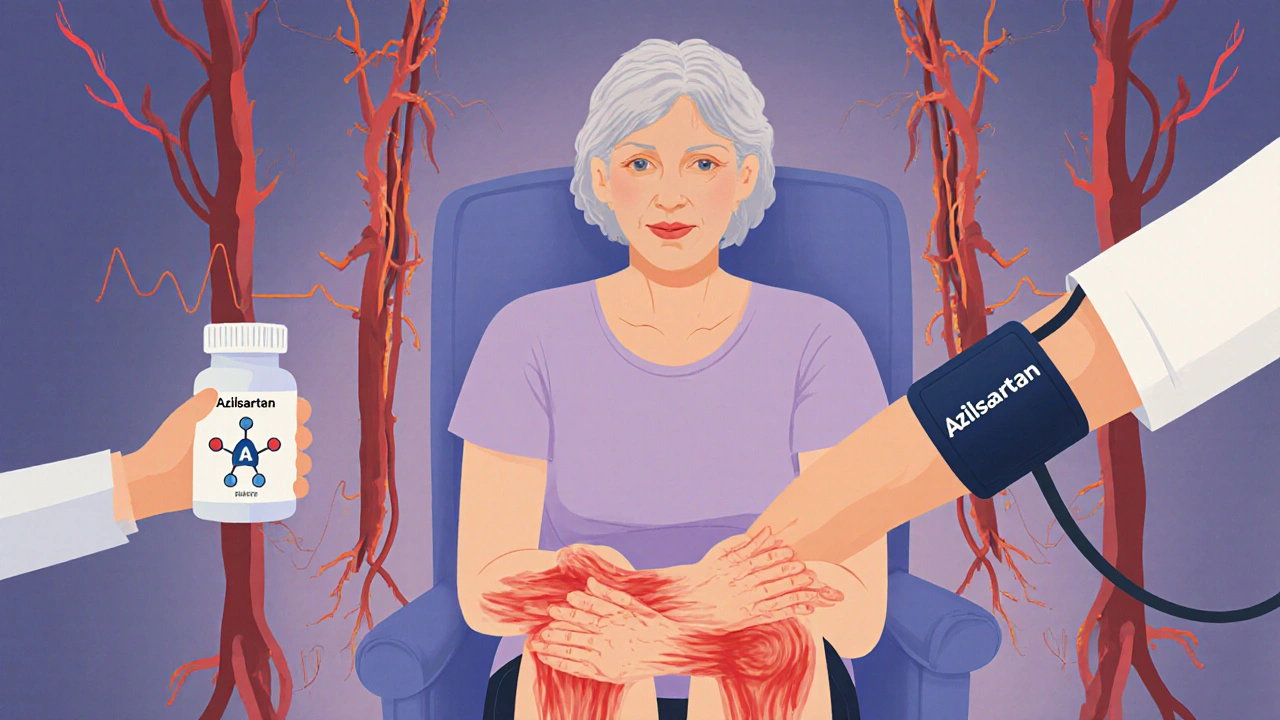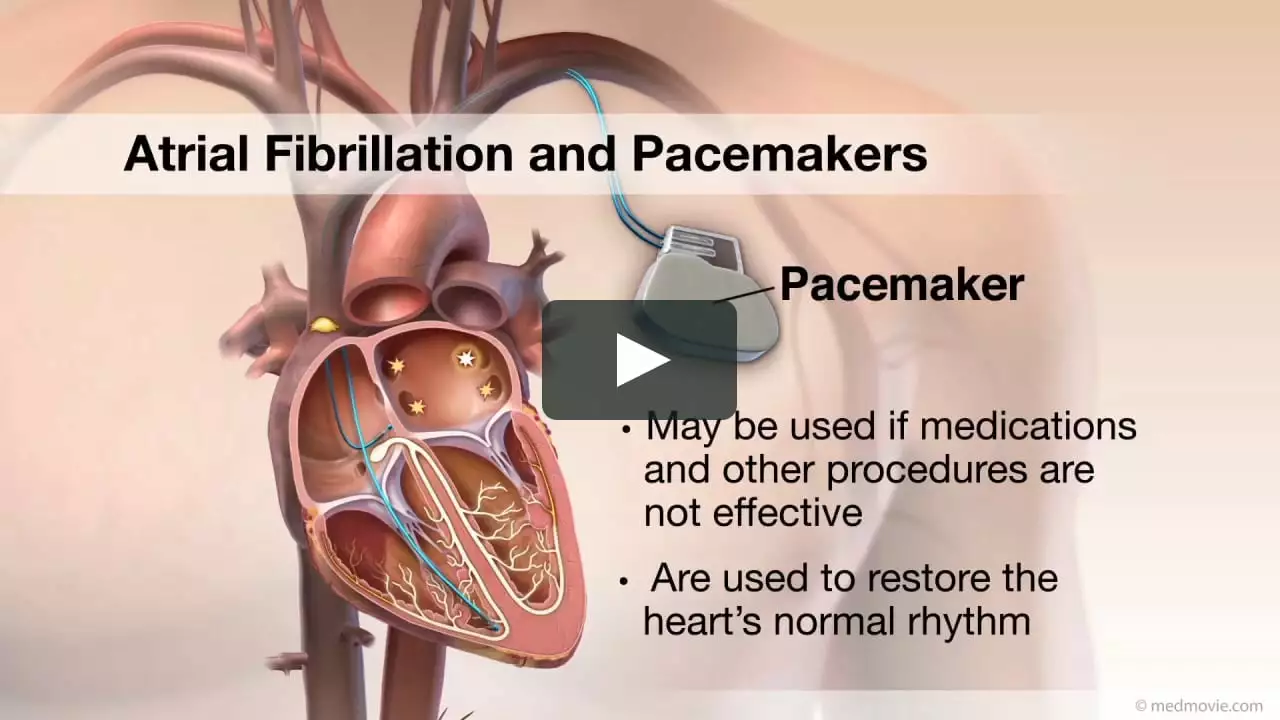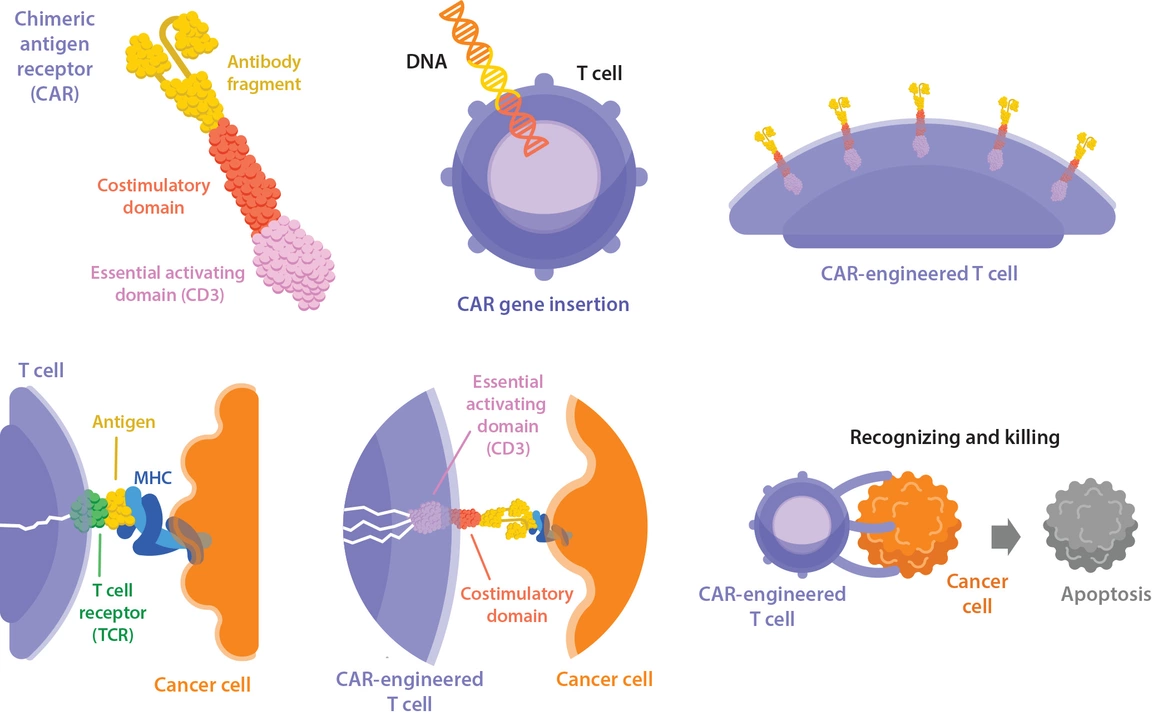Medical Research: Practical updates on drugs and treatments
Abacavir helped change HIV from a fatal disease to a manageable condition for many people. That story shows how a single drug can reshape care, patient lives, and public health. On this page you'll find short, clear reads about real drug developments — what worked, what didn't, and what patients and clinicians should watch next.
Our posts dig into different angles: history and impact with abacavir, new uses for abiraterone in gynecologic cancers, safety and study updates for amiodarone in atrial fibrillation, and the emerging role of immunotherapy in pancreatic cancer. Each write-up looks at trial results, side effects, and practical takeaways so you don't have to wade through dense papers to get the essentials.
What the studies actually tell you
When a study lands in the news, focus on three things: the trial phase, how many people were in it, and the main outcome. A Phase III trial with hundreds of patients and a clear survival or symptom benefit is stronger than a small early-phase study that only shows biological effects. Also check safety signals: some drugs help most people but cause serious issues for a minority — amiodarone is effective for rhythm control but has well-documented long-term risks you need to weigh.
For example, abiraterone started in prostate cancer but researchers are testing it in ovarian and endometrial cancers because it blocks hormones that some tumors depend on. Early results can be promising, but larger trials are needed before changing practice. The posts linked here explain which trials are ongoing and which results are still preliminary.
How to use this research in real life
If you or someone you care for is considering a new treatment, ask the treating team three clear questions: Has this been proven to improve meaningful outcomes like survival or quality of life? What are the most likely side effects and how are they managed? Are there ongoing trials that might be a fit?
Don’t skip practical details. For drugs like abacavir, genetic testing for hypersensitivity variants matters before starting treatment. For cancer drugs, know whether the benefit applies to a specific tumor type or a molecular marker. For heart medications, long-term follow-up and organ monitoring are often required.
This category page keeps the tone practical and patient-focused. Expect honest takes: we cover breakthroughs and limits, safety notes, and what current evidence supports today. If you want straight answers without the jargon, bookmark these posts and check back — medical research moves fast, and we update summaries as new trials publish.
Questions about a specific article? Click through any post, read the trial highlights, and bring those points to your clinician. Good research should lead to better decisions — and that's what we're here to help with.







